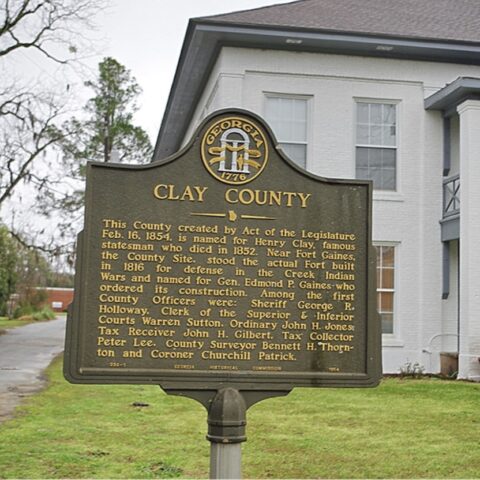By: Chris Neill
Rep. Paul Broun’s status as the only candidate to have formally entered the 2014 Senate race came to an end with Rep. Phil Gingrey’s official announcement. But while others have spent time contemplating whether or not to put their names in the hat, Broun has hit the campaign trail hard. He gave a number of speeches and hosted several town hall meetings. GPR met with Rep. Broun before one such town hall meeting to discuss his campaign.
He has also drawn attention to himself for publicly criticizing Rep. Paul Ryan’s latest budget proposal, “The Path to Prosperity,” in a New York Times op-ed. While Rep. Ryan’s plan is the GOP favorite, Broun claims that he “cannot vote for something that would trick the American people into thinking that Congress is fixing Washington’s spending problem, when in actuality we’d just be allowing it to continue without end.” He believes the proposal “fails to seriously address runaway government spending, the most pressing problem facing our nation.” Broun proposed some more dramatic cuts, such as eliminating the Department of Energy and the Department of Education. In early budget voting, Broun voted for a much more conservative budget authored by the Republican Study Committee.
Other Georgia lawmakers with their eyes on the Senate seat have taken note of Broun’s actions. Gingrey, who has voted to support the GOP-favorite budget proposal for the past two years, voted only in favor of the RSC budget and not The Path to Prosperity. Rep. Jack Kingston did vote in support of The Path to Prosperity, despite reportedly planning a Senate run himself. However, he is keeping a close watch on Broun’s actions, stating, “As a practical matter, none of us wants to get on the left of the other one.”
The budget criticism isn’t the only way in which Broun has been causing trouble for GOP leadership. In the past month he has changed his vote from what he indicated to party leaders on more than one bill, frustrating those trying to keep tabs on his actions. He has also blocked and opposed minor procedural motions. Broun’s behavior in the House suggests that he views these congressmen as opposing candidates rather than fellow Republican legislators. Competitive primaries often drag up voting records as a way of differentiating candidates of the same party. Voters who turn out for primary elections tend to be more ideological than general election voters. Therefore, primary candidates often feel pressured to position themselves as more conservative or more strong-willed than their opponents.
Accordingly, Politico observes that Broun is “yanking much of the congressional delegation to the right and throwing their votes and the support of leadership into a daily flux.” GPR asked Broun about such allegations, but he denied that senatorial politics had any effect on his behavior and promised that he was only concerned with looking out for the wellbeing of his constituents. When asked if he was worried about making enemies of House GOP veterans, he said, “I don’t care.”
Those slated to potentially compete with him for the Senate seat complain that Broun is not being open in communication with them, and is casting his votes as a way of positioning himself against them. Indeed, he may be instigating something of a “race to the right” for the primary candidates. If the recent presidential election can provide any example, such a race could have potentially harmful ramifications for the party.
When asked about his influence on his fellow lawmakers, Broun simply chuckled, “Imitation is the best form of flattery.” All his comments and actions thus far project a strong air of confidence regarding the Senate primary. In GPR’s first interview with Broun, he mused that maybe other candidates would see the wisdom in not running against him. At a meeting with UGA College Republicans on the night of Gingrey’s formal candidacy announcement, Broun was asked what made him better equipped to address concerns about federal spending that he and his new opponent share. Broun assertively claimed that over the past two years, he had proposed $155 billion worth of targeted cuts while Gingrey presented zero. He touted his Balanced Budget Amendment and his JOBS Act as proof that he had “the record of fighting the out-of-control spending that no one else who gets in this race, Dr. Gingrey included, has.” Additionally, Broun claimed to be an original intent constitutionalist. He made the not-so-subtle remark that there were only a few in the House, and “no one else from Georgia.”
By now, Broun has made very clear that his campaign will rely heavily on his strong will and defiance of anyone who doesn’t share his will or his beliefs. As more candidates officially announce their candidacy and begin develop their campaigns, voters will be left to see if they engage Broun in his race to the right or if they position themselves as a more pragmatic alternative.

